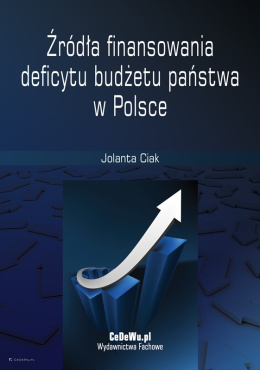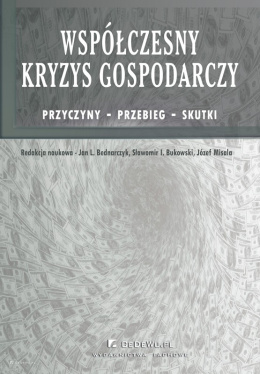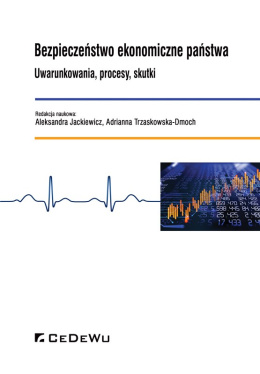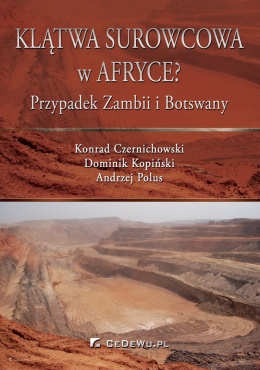-
Shopping cart is empty
-
x

-
Shopping cart is empty
-
x
- Categories
-
Need to Establish a New Format for Trade-Political Relations Between European Union and China
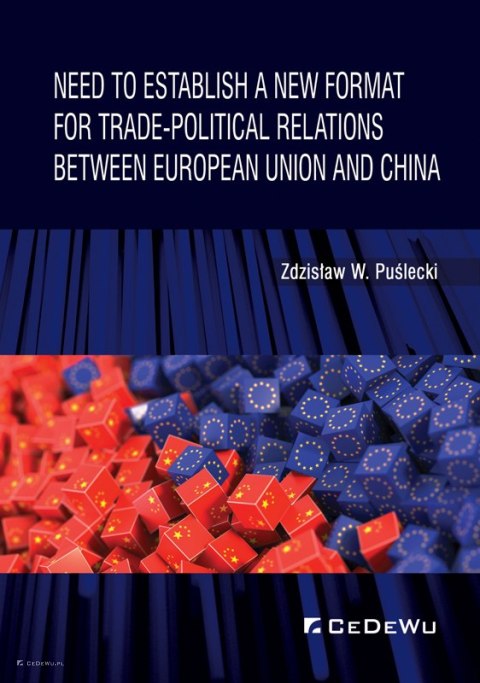
Europe and China need to establish a new format for trade-political relations. Their commercial relations are too important to become hostage to political grandstanding or airy rhetoric by politicians performing for domestic galleries. Europe is China's largest export market, and China now ranks second on Europe's list of key trading partners. Trade with China dwarfs any other trade relation Europe has with emerging Asia. Disturbing this relationship would have ramifications for sales, growth and employment. The Chinese government is less concerned today about Western criticisms of China's autocratic system, but the Chinese people have grown more nationalistic and represent a potentially greater threat to commercial relations. Commercial interests in autocratic regimes cause political dilemmas. On the one hand, European and other Western governments need to voice their criticisms and tailor. On the other hand, they have commercial interests to defend. Furthermore, their overall policie
| Shipping within | 24 hours |
| The bar code | |
| ISBN | 978-83-8102-414-3 |
| EAN | 9788381024143 |
Europe and China need to establish a new format for trade-political relations. Their commercial relations are too important to become hostage to political grandstanding or airy rhetoric by politicians performing for domestic galleries. Europe is China's largest export market, and China now ranks second on Europe's list of key trading partners. Trade with China dwarfs any other trade relation Europe has with emerging Asia. Disturbing this relationship would have ramifications for sales, growth and employment. The Chinese government is less concerned today about Western criticisms of China's autocratic system, but the Chinese people have grown more nationalistic and represent a potentially greater threat to commercial relations. Commercial interests in autocratic regimes cause political dilemmas. On the one hand, European and other Western governments need to voice their criticisms and tailor. On the other hand, they have commercial interests to defend. Furthermore, their overall policies must be measured in order to avoid diplomatic brinkmanship, which risks leading to the opposite outcome: a slowdown, or even a reversion, of freedom-enhancing reforms. The main aim of this work is the presentation of the need to establish a new form for trade-political relations between European Union and China.
INTRODUCTION 9
CHAPTER 1
INEQUALITY ECONOMIC DEVELOPMENT OF CHINA AND EUROPEAN UNION 11
1.1. Introduction 11
1.2. Inequality Development of China 11
1.3. China Production Superpower 15
1.4. European Union and China in the Light of Global Competitiveness Strategy of Europe 2020 21
1.5. Conclusions 24
CHAPTER 2
THE EFFECTS OF LIBERALIZATION CHINA FOREIGN TRADE POLICY AND TENDENCIES TO BILATERALISM 25
2.1. Introduction 25
2.2. The contemporary Theory of Foreign Trade Policy 26
2.3. Foreign Trade Policy of Authoritarian Regimes 31
2.4. The Variation in the Foreign Trade Policy Among States 33
2.5. The Liberalisation of China Trade Policy Under WTO and Their Effects 36
2.6. The Tendencies to Liberalization of China Foreign Trade Policy and Natural Environment Protection 43
2.7. The Tendencies to Bilateralism in the Foreign Trade Policy of China 45
2.8. Results and Findings 47
2.9. Conclusions 50
CHAPTER 3
EUROPEAN UNION NEW INTERNATIONAL BUSINESS STRATEGY TOWARDS CHINA 53
3.1. Introduction 53
3.2. China and EU Preferential Trade Agreements 54
3.3. The EU-China International Business Bond 57
3.4. Conclusions 67
CHAPTER 4
THE RISE OF GLOBAL SUPPLY CHAINS 69
4.1. Introduction 69
4.2. New Tendencies in International Business - the Rise of Global Supply Chains 70
4.3. The Impact of the Rise Global Supply Chains on the Political Economy of Trade and Countries Motivations for Cooperating on Trade Policies 80
4.4. The Rise a Global Supply Chains and Increasing Importance Bilateral Agreements in the Foreign Trade Policy 83
4.5. Results and Findings 85
4.6. Conclusions 86
CHAPTER 5
TRANSATLANTIC COOPERATION AND CHINA 89
5.1. Introduction 89
5.2. The Regulatory Trade Barriers in USA-EU Foreign Trade Policy 92
5.3. The Nature and the Promoters of the Transatlantic Trade and Investment Partnership (TTIP) 99
5.4. Interrelationship Between Regulatory Standards and International Cooperation in the TTIP 103
5.5. TTIP Impact for China 107
5.6. Results and Findings 108
5.7. Conclusions 111
CHAPTER 6
BELT AND ROAD INITIATIVE AND EUROPEAN UNION 113
6.1. Introduction 113
6.2. From another Projects to the Belt and Road 114
6.3. The Belt and Road in the face of the EU 121
6.4. 'The New Eurasia Land Bridge' 125
6.5. 'The China-Mongolia-Russia Economic Corridor' 127
6.6. China-Central Asia-West Asia Economic Corridor 127
6.7. China-Indochina Peninsular Economic Corridor (CIPEC) 128
6.8. China-Pakistan Economic Corridor 129
6.9. Bangladesh-China-India-Myanmar Economic Corridor 130
6.10. Opportunities the Belt and Road Initiative can offer Foreign Investors 131
6.11. Key Investment Opportunities 133
6.11.1. Banking and Financial Services 133
6.11.2. Legal services 134
6.11.3. Infrastructure Planning and Development 135
6.11.4. Energy 135
6.12. How the Belt and Road Initiative Will Impact China's Economy 136
6.13. Potential Expansion of Renminbi 136
6.14. OBOR an International Incentive to Fundamental Reform in Foreign and Domestic Policies in China 138
6.15. Conclusions 141
CHAPTER 7
IN DIRECTION TO A NEW FORMAT FOR TRADE-POLITICAL RELATIONS BETWEEN EUROPEAN UNION AND CHINA 143
7.1. Introduction 143
7.2. The Need to Establish a New Format for Trade-Political Relations 144
7.3. An Opportunity to Achieve Further Deepening of Commercial Relations 153
7.4. China in the Process of Rebalancing its Economy 157
7.5. The Current Position in Relations Between EU and China 159
7.6. EU Responses to Reset the Engagement Strategy 162
7.7. Conclusions 164
GENERAL CONCLUSIONS 165
SUMMARY 169
BIBLIOGRAPHY 171
Professor Zdzisław W. Puślecki, PhD, DSc in Economics Science, 1973 Master of Economics in Foreign Trade Economics, Poznań University of Economics, Master in Banca e Finanza (Master in Banking and Finance), Milan, Italy, 1977 PhD in Economics - 1991 Habilitated Doctor in Economics, Poznań University of Economics, 1993 Associate Professor Adam Mickiewicz, Full (State) Professor from January 8, 1998, by President of Poland. In the years 1993-1999 Deputy Director of the Institute of Political Sciences and Journalism at Adam Mickiewicz University, since 1992 Head of the Department of International Economy. Promoting in over 1000 master's theses, 24 doctoral dissertations, a number of reviews of doctoral dissertations, in habilitation theses and in proceedings for the title of professor, a number of editorial reviews. Author or co-author of over 980 original scientific papers, including 36 books, original articles in national and foreign scientific journals, reviews, expert opinions, papers at national and international scientific conferences. Scientific research in the field of international economic relations, liberalism and protectionism in international trade, the common commercial policy of the European Union, Polish-German economic relations, economic relations between North and South, the role of the WTO in international trade, integration and globalization, problems of banking services, innovation and competitiveness, the European Union's strategy for increasing global competitiveness, and the European Union towards China's accelerated economic development. There is a „Puślecki Paradox" in the world science as well as a classification of trade protection measures according to Zdzisław W. Puślecki. Participant of numerous domestic and foreign scientific conferences and congresses (including Brussels, London, York, Berlin, Heidelberg, Kiel, Grenoble, Vienna, Milan, Pavia, Trento, Bruges, Utrecht, Bergen, Ljubljana, Prague, Bratislava, Haifa, Seoul, Pamplona, Chicago, Lisbon, Quebec, Toronto, Halifax, New Orleans, Paris, Nice, Rennes, Honolulu, Santiago de Chile, Beijing, New Delhi, New York, Venice, Barcelona, Hong Kong, Changchun, Chongqing, Dubai, Singapore, Baltimore, Miami, Djakarta, Brisbane).
Polub nas na Facebooku
